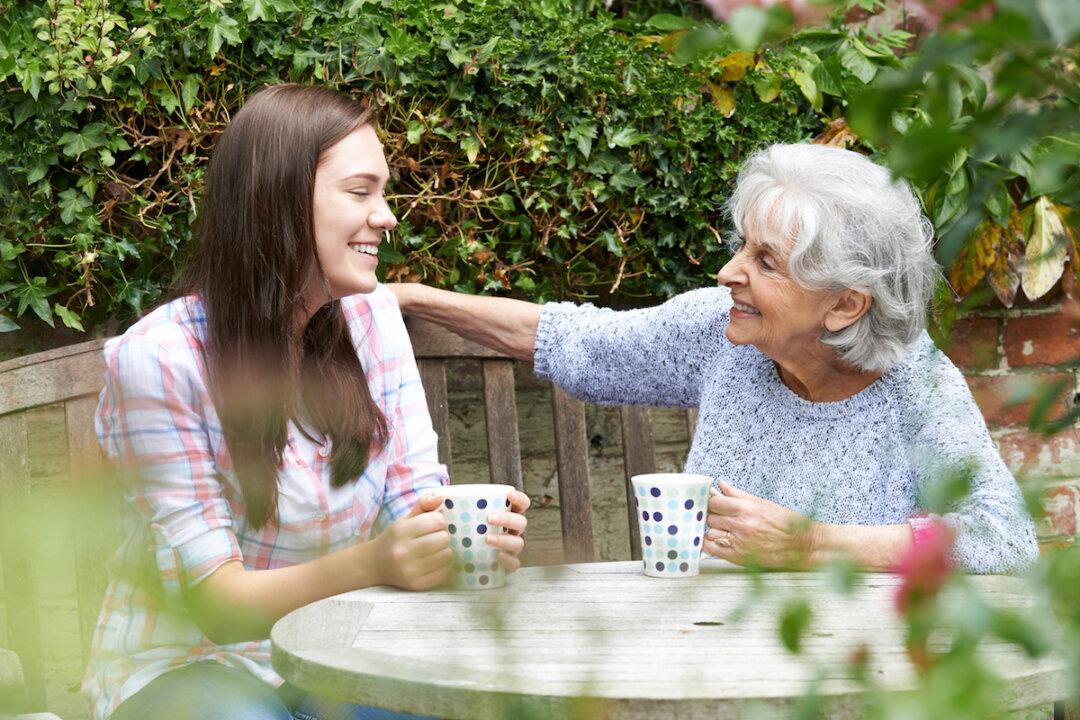A Harvard University study on women across different racial groups suggests links between optimism and a longer lifespan; with the group scoring the highest on optimism associated with an extra 4.5 years of life when compared to the lowest-scoring group.
“Our findings suggest that there’s value to focusing on positive psychological factors, like optimism, as possible new ways of promoting longevity and healthy aging across diverse groups,” said lead author of the study, Hayami Koga.






